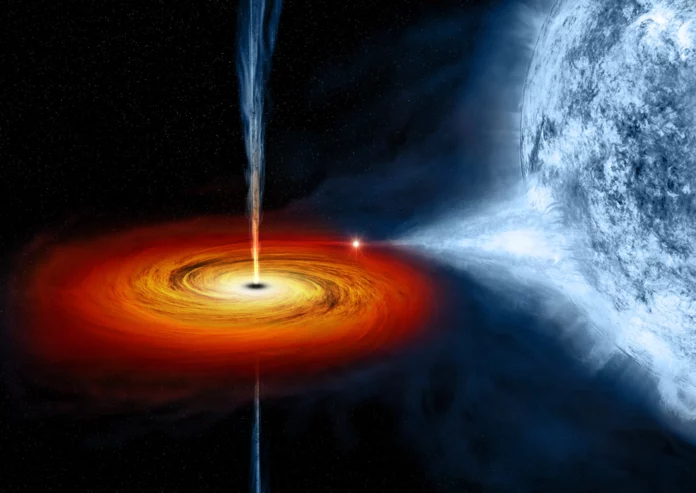Introduction:
The vastness of the universe has captivated humanity since time immemorial. As we gaze at the stars and ponder our place in the cosmos, we yearn to unravel the mysteries of the universe. In this blog post, we will embark on a cosmic journey, exploring what we know and what remains unknown about the universe. From the Big Bang to dark matter, we will delve into the secrets of the universe, shedding light on our current understanding and the enigmatic frontiers that continue to intrigue scientists and astronomers.
The Big Bang and the Origin of the Universe
Our current understanding of the universe’s origin is rooted in the Big Bang theory. Here are some key aspects of the Big Bang and the early universe:
The Big Bang Theory: The prevailing cosmological model that suggests the universe originated from a singular, infinitely dense point and has been expanding ever since.
Cosmic Microwave Background (CMB): The residual radiation from the early stages of the universe, providing evidence for the Big Bang and supporting the theory of cosmic inflation.
Inflation Theory: The hypothesis that the universe experienced an exponential expansion in a fraction of a second after the Big Bang, explaining the uniformity of cosmic background radiation and the large-scale structure of the universe.
The Structure and Composition of the Universe
The universe is not just a vast expanse of empty space; it contains a myriad of structures and cosmic components. Here are some key aspects of the universe’s structure and composition:
Galaxies: Vast collections of stars, gas, and dust held together by gravity. The Milky Way, our home galaxy, is just one of billions of galaxies in the universe.
Dark Matter: Mysterious and invisible matter that does not interact with light but exerts gravitational influence. Its existence is inferred from its gravitational effects on visible matter.
Dark Energy: A hypothetical form of energy that permeates space and is believed to be responsible for the accelerating expansion of the universe.
Cosmic Web: The intricate network of filaments and voids that connect galaxies on a large-scale structure, shaped by dark matter and influenced by cosmic expansion.
Unanswered Questions and Frontiers of Exploration
While we have made remarkable strides in understanding the universe, many questions remain unanswered. Here are some frontiers of exploration and unresolved mysteries:
Nature of Dark Matter: Despite its pervasive influence, the true nature of dark matter remains unknown. Scientists are actively searching for its particles and studying its properties.
Dark Energy and Cosmic Expansion: Understanding the nature of dark energy and the factors driving the accelerating expansion of the universe is a significant challenge in cosmology.
Black Holes and Singularities: Black holes, regions of extreme gravitational pull, continue to intrigue scientists. The nature of the singularity at their core and the potential connections to quantum physics are areas of ongoing research.
Multiverse Hypotheses: The idea of multiple universes or a multiverse, each with its own set of physical laws and properties, is a topic of speculation and theoretical exploration.
Origins of Life and Extraterrestrial Intelligence: Exploring the origins of life on Earth and the possibility of life beyond our planet are areas that bridge cosmology, biology, and astrobiology.
Conclusion
The universe, with all its wonders and mysteries, continues to beckon us to explore its depths. While we have made remarkable progress in understanding the cosmos, there is still much we do not know. The secrets of the universe are vast and humbling, reminding us of our place in the grand tapestry of existence. As scientists and astronomers continue to push the boundaries of knowledge, we can eagerly anticipate new discoveries that will illuminate the enigmas of the cosmos. Let us embrace the curiosity and wonder that the universe inspires, and may our collective exploration bring us closer to unraveling its timeless secrets.


